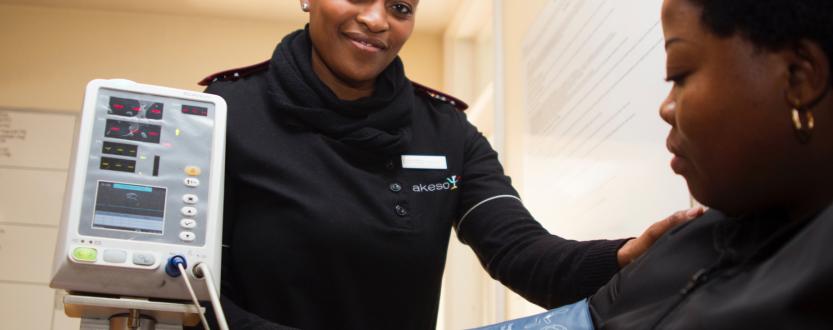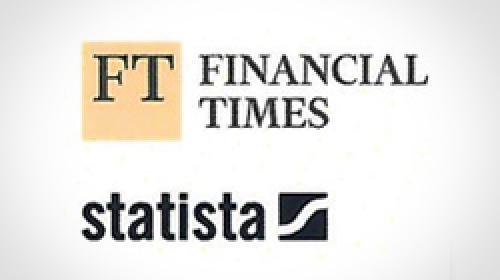Federal and state laws regulating pharmaceutical waste disposal are both numerous and strict. Unfortunately, they are also complex, since there are so many different products that are regulated. For example, a typical hospital pharmacy may stock between 2,000 and 4,000 different items, and each must be evaluated against state and federal hazardous waste regulations. Hazardous pharmaceutical waste is governed by the toughest set of regulations under the Resource Conservation and Recovery Act (RCRA). Some states including Minnesota, California and Washington have significantly more stringent hazardous waste regulations than federal hazardous waste disposal regulations. Noncompliance may result in serious damage to the environment, heavy fines for your company, employee injury and more, so it is important for everyone who works at your company to understand these regulations.
If you are a pharmaceutical waste generator, it is important you have a plan and expertise in proper pharmaceutical waste management. Who are common pharmaceutical waste generators?
- Pharmaceutical manufactures
- Chemical (API – Active Pharmaceutical Ingredients) manufactures
- Doctor’s offices, surgical centers, clinics and hospitals
- Pharmacies
- Dentist offices
- Nursing, skilled nursing and long-term care (LTC) facilities
Common activities that generate pharmaceutical wastes may include:
- Intravenous (IV) product preparation
- Medication compounding
- Spills/breakage
- Partially used vials and bags
- Syringes
- Discontinued, unused preparations
- Unused unit dose repacks
- Patients’ personal medications
- Outdated or expired pharmaceuticals and samples
Common hazardous pharmaceutical wastes that are regulated as hazardous waste under the RCRA include warfarin, physostigmine and nine chemotherapeutic agents. These medications cause life-threatening bleeding and immune suppression when mishandled.
So, what can pharmaceutical waste generators do to avoid the fines and prosecution that come with being in noncompliance?
Develop Expertise in Pharmaceutical Waste Management
An expert can help you confirm your generator status and properly identify your waste. A common mistake many companies make is misidentifying all waste as hazardous waste, instead of having separate containers for P-listed waste and another for U- and D-listed waste. Not properly segregating waste will end up costing your company more money and affecting your bottom line by bumping you up into large quantity generator status, so make sure you have professionals who can help you develop accurate inventory lists and a waste profile. Knowledgeable experts can also help you with the proper paperwork and provide all necessary containers. The professionals at Enviro-Safe Resource Recovery can take it one step further and also help you transport your waste, identify products that may be eligible for reuse and recovery, and show you how to minimize your waste generation in the first place.
Pharmaceutical waste management regulations are complex, and the consequences are expensive. Avoid the headache and risk of being in noncompliance and ask for help from waste management professionals who know the ins and outs of pharmaceutical waste regulations.
Train and Protect Your Employees
It is also important that you build knowledge across your company. Your employees should understand the basics of waste disposal such as avoiding pouring medications down the drain, disposing of expired medications in red bag waste and delineating between hazardous and nonhazardous waste. Health care personnel should also be trained in safety precautions such as proper labeling, spill cleanup and chemical handling. Waste management experts can provide RCRA waste management training so everyone on your staff helps you remain in compliance and reduce unnecessary waste.
Bonus Tip: Learn About Your Reverse Distribution Options
If a drug is unused and unexpired, it may be eligible for reverse distribution, or selling the product back to the manufacturer. This option benefits all parties since it can sometimes save money while earning credits and keeping waste from entering the waste stream. There are regulations around proper reverse distribution, so contact experts today if you aren’t already taking advantage of this option.
Why practice proper pharmaceutical waste disposal?
Recent concerns about pharmaceutical waste entering the drinking, ground, and surface waters have led to a rise in public awareness about proper waste disposal for health care and pharmaceutical companies. Studies have found that even small concentrations of chemicals, called endocrine disruptors, can have serious, detrimental effects on aquatic species and perhaps on human health. Additionally, the use of potent pharmaceuticals in the U.S. is increasing due to an aging population. The two largest sources of pharmaceuticals entering our water are believed to be from hospitals and households, and unfortunately, many hospitals currently dispose of excess material in syringes and IV bags down drains. Due to increasing concerns, local, state and federal lawmakers are responding by making regulations more stringent. The EPA published new management standards in the Federal Registrar on February 22, 2019 which will take effect in August 2019. With increased environmental consequences, higher fines and more stringent regulations, now is the right time to consult waste management professionals to help your company develop the proper expertise and waste management protocols.



